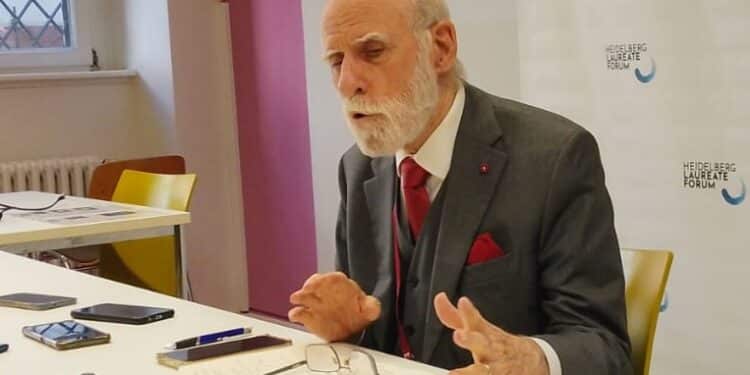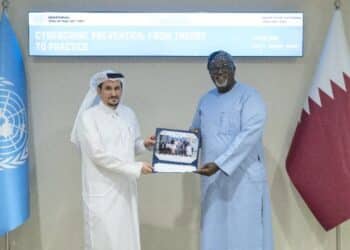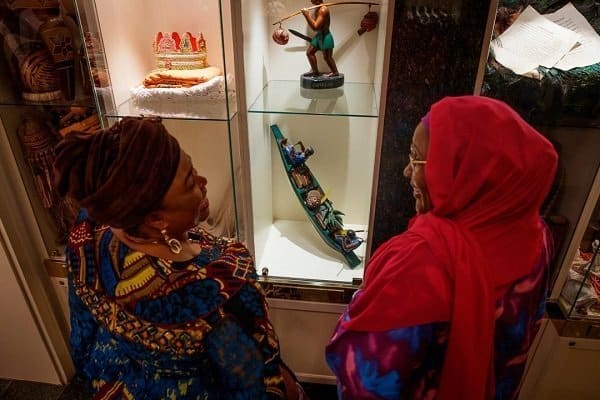Vinton Cerf, Vice President and Chief Internet Evangelist at Google, has urged African nations to strengthen their infrastructure and invest in human capital to benefit from artificial intelligence (AI) technologies fully.
Speaking at the 12th Heidelberg Laureate Forum, Cerf stressed that Africa is not necessarily behind in AI development, given the rapid pace of global innovation.
He noted that the continent’s contributions could be uniquely valuable in addressing local cultural, economic, climatic, and resource challenges.
“We are all at the beginning because the technology keeps changing so quickly. Everyone has a role to play,” he said.
Cerf, widely regarded as one of the “fathers of the internet,” underscored the importance of reliable electricity and communications infrastructure.
He said these should be alongside training for engineers, computer scientists, sociologists, anthropologists and economists to ensure sustainable and inclusive AI adoption in Africa.
On the broader challenges of AI, Cerf described its rise as both evolutionary and meteoric, with the last decade witnessing unprecedented acceleration.
While praising its efficiency and creative capacity, he warned that misuse was inevitable, just as with the internet.
He outlined three approaches to mitigate risks: embedding technical safeguards, enforcing laws and social norms, and appealing to moral judgment.
“Weak as it may seem, collective social norms can be as powerful as gravity,” he said.
Turning to digital preservation, Cerf reiterated his long-standing concern that, unlike clay tablets, books, or vellum manuscripts, digital content may not survive the centuries without deliberate effort.
He called for investment in new storage technologies, such as quartz crystals, ceramics, and even DNA, alongside the development of legal and economic frameworks to safeguard digital heritage.
Cerf also recalled the early days of the internet and email, noting that security was an afterthought in the 1970s because it was a small, trusted network of engineers.
Today, he said, stronger measures such as encryption and two-factor authentication are essential.
Despite uncertainties, Cerf expressed optimism that AI, if harnessed responsibly, could become a “powerful partner that works better with humanity than alone.”










